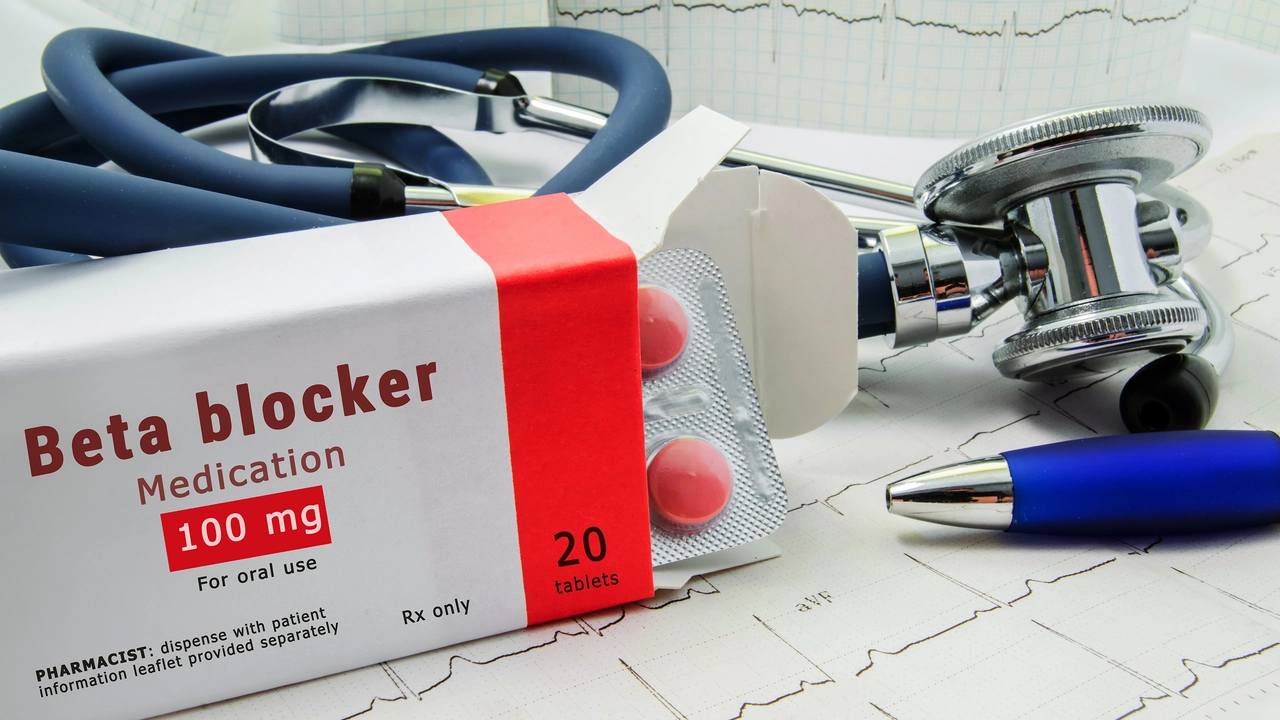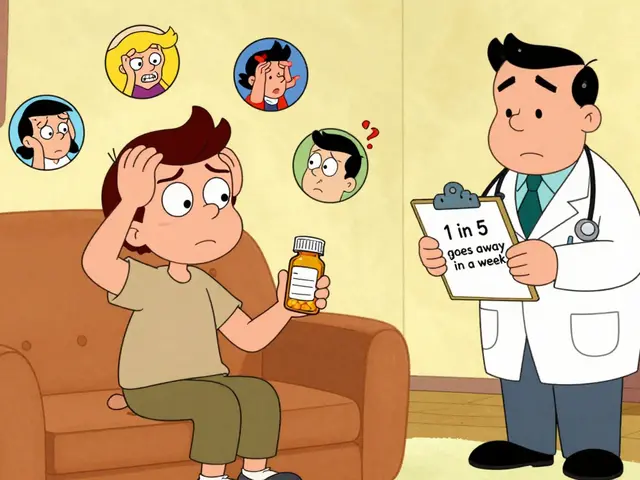Beta-Blockers: What They Are and How They Help
If you’ve heard the term “beta‑blocker” at a doctor’s office, you probably wonder what it actually means. In simple terms, beta‑blockers are medicines that calm down the heart’s response to stress hormones like adrenaline. By doing this they lower your heart rate and blood pressure, which helps prevent spikes that can damage the cardiovascular system.
Doctors prescribe beta‑blockers for several reasons: high blood pressure, irregular heartbeats (arrhythmia), angina (chest pain), and after a heart attack to reduce strain on the heart. They’re also used for migraines, tremors, and sometimes anxiety. The key idea is that they block the “beta” receptors where adrenaline would normally speed things up.
Common Types and When They’re Used
The most popular beta‑blockers you’ll see on prescriptions are atenolol, metoprolol, propranolol, and carvedilol. Each has a slightly different focus. For example, metoprolol is often the go‑to for high blood pressure, while propranolol works well for migraine prevention and tremor control. Your doctor will choose one based on your specific health needs.
When you start a beta‑blocker, it’s normal to feel a bit tired or dizzy at first. That’s because your body is adjusting to a slower heart rate. Most side effects ease after a few days, but if they linger you should let your doctor know.
Side Effects and Safety Tips
Beta‑blockers are generally safe, but like any drug they can cause issues. Common complaints include fatigue, cold hands or feet, and mild weight gain. A less common problem is a slow heartbeat (bradycardia) that might need a dosage tweak.
Here’s how to use them safely:
- Take the pill at the same time each day – consistency helps keep blood levels steady.
- Avoid stopping suddenly. If you need to quit, your doctor will taper you off gradually to prevent rebound hypertension.
- Tell your doctor about other meds, especially asthma inhalers or diabetes drugs, because beta‑blockers can interact with them.
If you notice severe shortness of breath, fainting, or a sudden drop in blood pressure, call your healthcare provider right away. Those signs mean the dose may be too high for you.
In everyday life, keep track of how you feel after each dose. A simple journal can reveal patterns – like whether exercising feels harder on certain days. Sharing that info with your doctor makes it easier to fine‑tune the treatment.
Bottom line: beta‑blockers are a solid tool for protecting heart health and managing several other conditions, as long as you follow dosage instructions and stay in touch with your doctor about any side effects.

The Role of Beta-Blockers in Treating Left Ventricular Dysfunction
Hey, it's me, your friendly health blogger. I'm here to talk about something critical - The role of beta-blockers in treating left ventricular dysfunction. This post will deal with how these medicinal substances can help manage such heart conditions efficiently. I'll be discussing the mechanism, benefits, and even the risks associated with beta-blockers. Join me as we explore this intricate medical topic further to better understand our heart's health.





